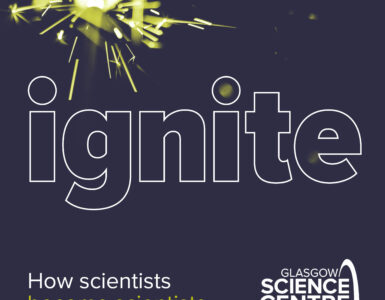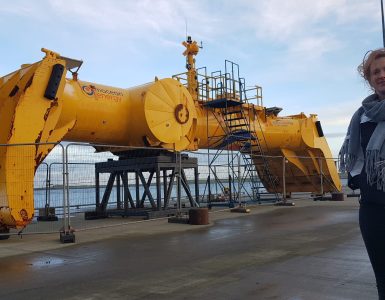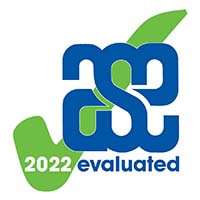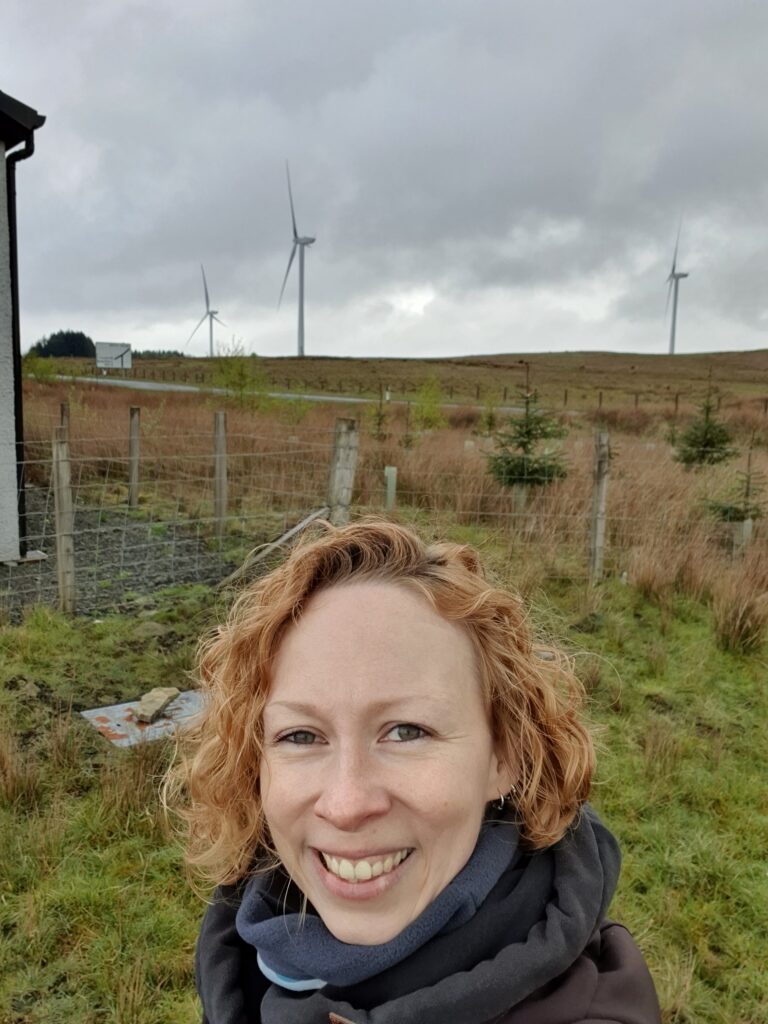
What is the company that you work for and what do they do?
I work for RES, the world’s largest independent renewable energy company. We plan, construct, and manage projects for onshore and offshore wind, solar power, energy storage, green hydrogen, and projects dealing with power transmission and distribution.
Can you describe a typical day in your job?
I am responsible for designing onshore wind farms by doing tests and computer models of the wind and the ground the wind farm will be built on.
It is my responsibility to determine where on a project site the turbines go. To do this I use lots of data about the site that comes from my own site visits, consultants, and databases. The most important assessment that I do is selecting which wind turbine to use to generate the most electricity, where to best place the turbines, and then working out how much electricity a whole wind farm project could generate.
I need to know which type of turbine will work best with the weather conditions on the site. To make this decision, and to understand how much electricity could be generated, I design tests that measure the wind at different heights and run computer models that tell me what the conditions would be at different parts of the site. I assess how the land and the things on it could affect where I can put my turbines, and how well they would work. I also use computer models to find problems that could be caused by the turbines, such as shadow flicker. This is when the shadows from spinning turbine blades pass by a window or door and cause a flashing effect in the room.
I usually work on different projects at the same time, so my “typical day” has lots of very different tasks. I might start the day by approving tests to see how suitable land would be for a wind farm. Later, I might have a meeting about an ecologist’s visit to one of our wind farm sites and decide how the data they found can be used in designing a new wind farm. Then, I might be collecting information to help with the sale of another project, working with an engineer to choose where to put a substation to protect it from ice thrown from turbines when it is cold or creating a drawing to help a property manager during a meeting with a landowner
How did you get into this line of work?
An open mind and a bit of luck!
My degree is in Atmospheric Sciences, but when I came to the UK just after finishing university, I found it tricky to find a local job in that profession that wasn’t in education. Finally, I found an internship with Scottish Power, working with the Senior Oceanographer on Offshore Wind Farms which was my first introduction to renewables. At the end of my internship my manager mentioned a former colleague who may be interested in someone with my skillset, so I sent out an email, went to an interview and suddenly had a job as a wind analyst in a big engineering consultancy! Engineering was very different from atmospheric science, but I quickly learned that the basic skills – analytical thinking, a knack for technical problems, enjoying working with numbers and datasets – are applicable to pretty much any job in this field. I spent five years in consulting, learning a lot about the wind industry and engineering in general. A few years later I decided to try out development, and an opportunity came up at RES and here I am, designing wind farms.
What is the best thing about your job?
The chance to work with lots of different types of experts that I had never worked with before. I talk to civil engineers, ecologists, property managers, ornithologists, geologists, financial analysts and so many more. I get a tiny look at what they do, and I learn how all the small parts come together to make it possible to build a wind farm.
Do you have any advice on how to get into this kind of work?
Don’t let your chosen qualifications stop you applying for a job in a different industry. It’s your attitude and skills that define you, not your degree or what people think you should be doing with it. Keep an open mind – there are jobs out there you may not even know exist that might offer you a great, fulfilling career.
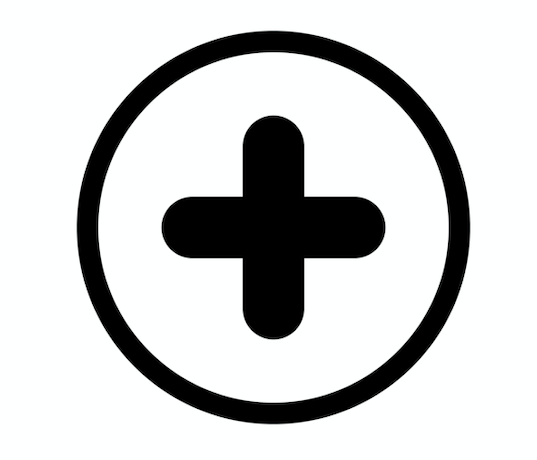
Discover more
- What is it like to work in the UK energy industry?
- The Technical Manager
- The Training Coordinator
- Wind Turbines
- The Group Manager for a greener Glasgow



